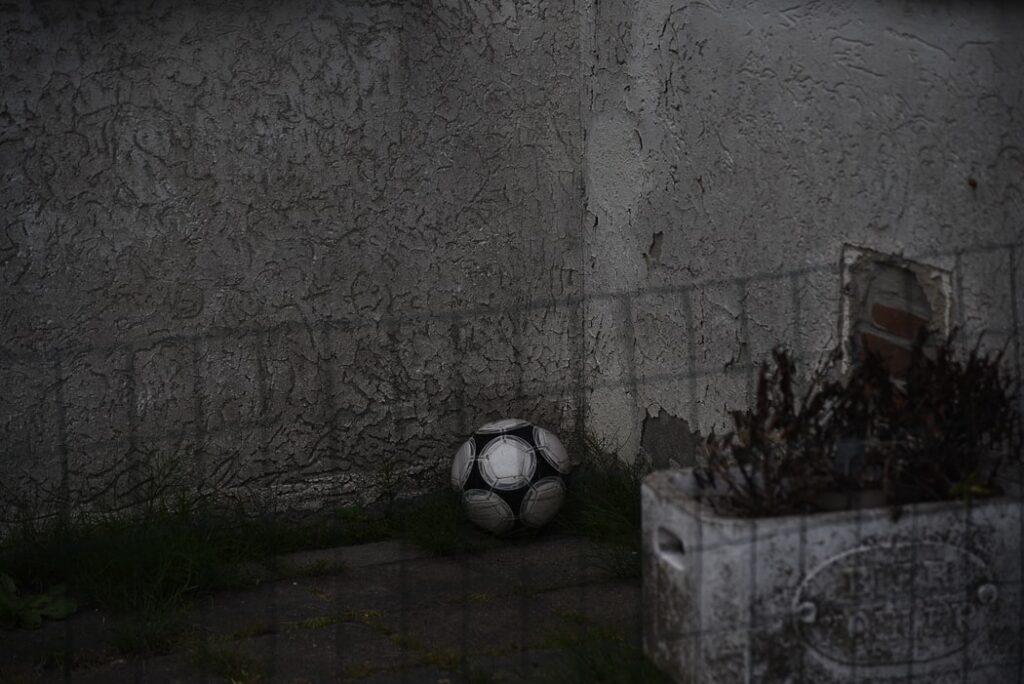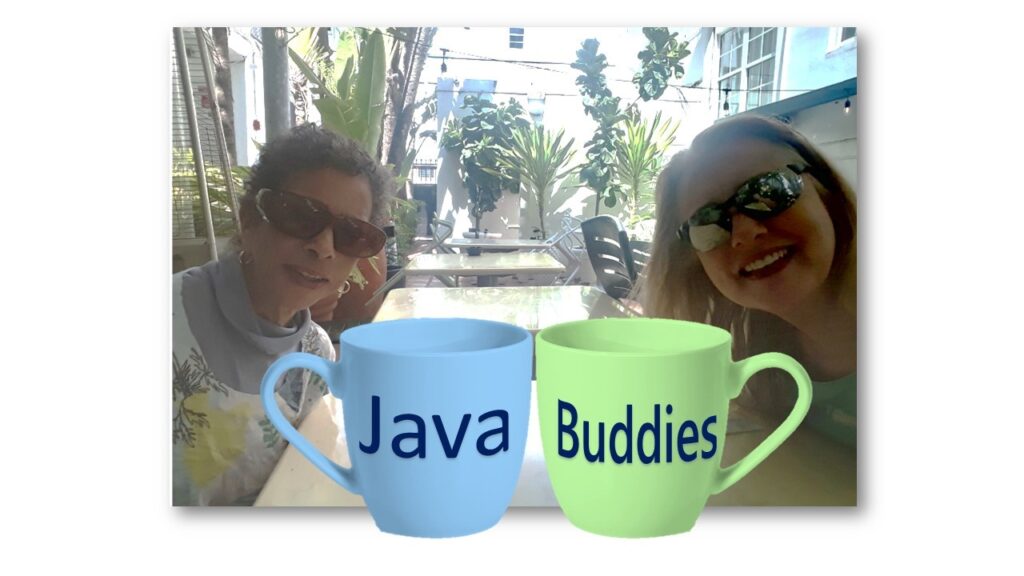The Homeless World Cup started three years ago through the International Network of Street Newspapers. It brings together teams of homeless men and women from all across the globe including one from New York City.
At the end of July Italy beat Portugal to win the third annual Homeless Street Soccer World Cup in Edinburgh. Just before the tournament Cathryn Scott with The Big Issue Cymru sat down with Mel Young, founder of the Big Issue Scotland and one of the brains behind this life changing tournament.
What is the Homeless Street Soccer World Cup?
It is a tournament bringing together teams from countries across the world, and all the players are homeless or long-term unemployed. Street soccer tournament is played in the street, on smaller courts, almost like five-a-side football (soccer), but a harder surface.
How did it start?
It started through the International Network of Street Papers. After one of our annual conferences, myself and Harold Schmeid from Austria were relaxing in the bar, saying how good the conference had been in bringing together people from different papers. We started thinking how homeless people could benefit too, and started talking about exchanges, but it was quite difficult with visas, immigration, and the language barrier. So we started joking that we should invent some kind of worldwide language that homeless people could all understand. And we said, but there is a worldwide language – football. I mentioned that vendors in Scotland had some kind of football team and Howard said vendors in Austria did too. So we said let’s play each other. By the end of the evening we had invented the Homeless World Cup where everyone would be coming.
How has the tournament developed since then?
The first one was a very high benchmark – the organization was superb; the atmosphere was brilliant and the results of what homeless people were getting from it were positive. We hadn’t planned to do it again, but because t was such a success we decided we had to. We had 18 teams in the first one in Graz, Austria, 26 in Gothenburg, Sweden, in the second and in this year we will have 32, so it is growing.

This year’s tournament was supposed to be in New York. What happened?
We had to cancel it because we couldn’t guarantee our players’ entry. Not just one or two, but a whole lot. Despite meetings, we couldn’t come to an agreement on visas. They said just turn up and see we’ll see what happens, but we couldn’t do that. American rules and regulations mean that someone from Western Europe with a previous drug conviction, even a minor one, wouldn’t be let in. And that would affect a lot of our players. We were explaining the whole point of this was for them to come off drugs, like rehabilitation, and they were saying, “Yes, and we think what you are doing is wonderful,” but they still wouldn’t let the player sin. We had to cancel because of the visas, nothing else.
How did it end up in Edinburgh?
We though we can either not have an event for 2005, or we can find an alternative. We thought not having one would stop the momentum we had built, so we took the Edinburgh option and I said I would take six months to arrange it. It’s my home city and I know people, so I could shortcut it. And also Edinburgh is an events city – it’s used to putting on events year round, such as the Edinburgh Festival. The local council has an events department, so when you ring people up about it they don’t freak out. You can go to meetings and everyone you need will be there, so you don’t have to spend time chasing people. I said I’d take the time off, but if the council had been negative, I wouldn’t have done it. As it happened, the Edinburgh council and the Scottish parliament were really positive – I haven’t slept since.
How can playing street soccer benefit homeless people?
First and foremost, what happens is you see players changing beyong recognition, it’s a psychological thing. Many of them would speak of how they felt marginalized, and then they go into an arena where people are standing up applauding them, asking for autographs. The barrier is coming down and changing stereotypes to positive ones of homeless people. A lot of them are saying they’re not going back to where they were before they left, maybe physically they are going back to the same place, but they gave a new motivation.
The statistics [see box on out] are staggering. We are proving that sport has a part to play in tackling poverty and homelessness. It’s not that it’s much better or (should be) instead of anything else, but it’s an avenue that hasn’t been explored.

What have been some of the most inspiring success stories?
One of the Scottish players, Mark, went through the hostel system in Glasgow, which is not a nice place to be, and he’s now a kids football coach. He talks to them about his experiences and how they have had an effect on his life. When he’s in local pubs he’ll ask, “Who’s the only Scottish footballer to score a hat-trick (three goals in one game) against Brazil?” which gets greeted by a blank face, and then he says it was him.
In Graz, Howard and I were at the back of the stand, and we could ear a noise. So we looked out in the street and the Dutch team was walking down the street and people at the tables outside the cafes were all standing up and applauding them, they wanted autographs. Can you imagine people applauding homeless people on the street where you live? It was a moment I’ll remember, as we knew the whole competition was going to be successful.
Do you get the same rivalries as in professional international football?
I don’t think you do. Sometimes you get a bit of aggression between teams but mainly they get along well – the professionals should come and watch and see how they should behave. With Germany and Holland, for example, there has been rivalry for centuries. Holland won, but the Dutch goalkeeper grabbed the German goalkeeper and put him on his shoulders. Although Germany lost quite heavily, he had saved a lot of goals. That would never, ever happen in a professional match between Germany and Holland. The way they are representing their countries, their countries can be so proud of them.
Tell us about the involvement of Nike.
Nike supported us in the first couple of years, and we are working in partnership with them for the next three years. People see Nike as a bad company, but in my own opinion they are embracing corporate responsibilities properly – they have had supply chain issues but are acutely aware and addressing them. They are also putting something back into the community. We approached other companies about sponsorship and they didn’t want to. It’s an important relationship; it’s not just about them giving us money; it’s a partnership. We are influencing each other and learning from each other. Nike will be gaining from their relationship with us hopefully as much as we are from them.
How supportive has the international football community been?
Professional footballers and clubs have been very supportive. The one thing they won’t give is money, probably because they haven’t got any, but Manchester United and Real Madrid have given a lot of support. I would like to see more players involved, I’ve been speaking to a lot of them about coming to Edinburgh, but it’s the beginning of season so a lot of them are tied up.
For more information please visit www.streetsoccer.org








